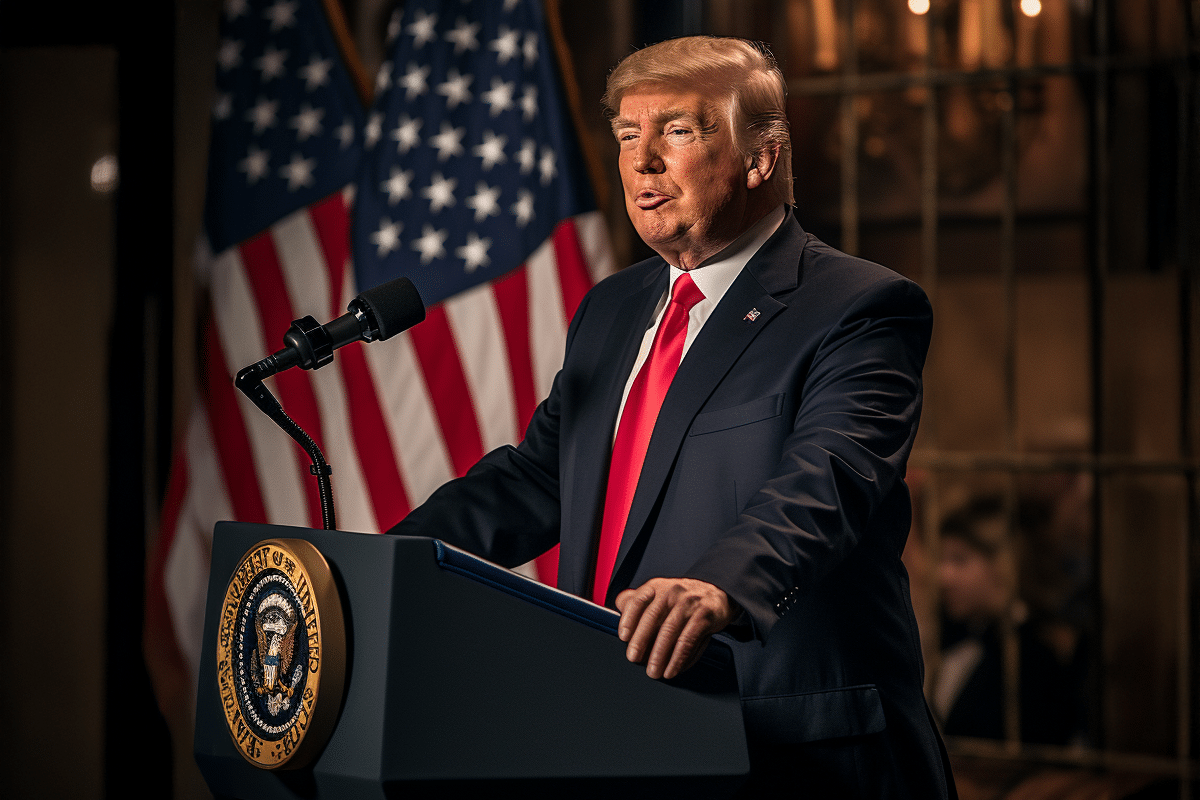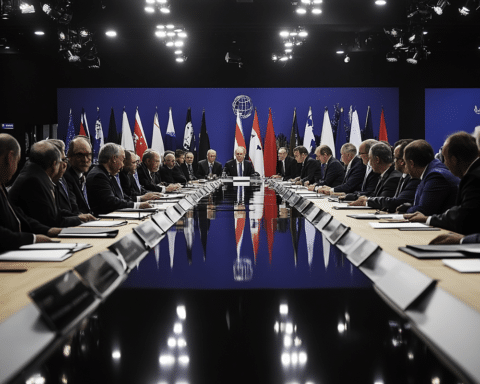The anticipation of Donald Trump’s return to the U.S. presidency has sparked celebration and hope among Jewish settlers in the West Bank. Many view his administration as a catalyst for their long-standing goals of expansion and annexation. Recent celebrations in the region, marked by champagne toasts and festive gatherings, reflect growing optimism that a new Trump presidency could usher in sweeping changes in settlement policies.
A History of Favorable Policies
During Trump’s first term, the U.S. took unprecedented steps supporting Israel’s claims over contested territories. His administration recognized Jerusalem as Israel’s capital, moved the U.S. Embassy there, and acknowledged Israel’s annexation of the Golan Heights. These actions were accompanied by a record-breaking surge in settlement growth, with Israel advancing nearly 33,000 housing units during his presidency.
These developments starkly contrasted with previous administrations’ opposition to settlement expansion and placed the U.S. firmly in favor of Israeli territorial claims. Settlement advocates hope that a second term will build upon these policies, allowing for unrestrained growth and potentially leading to formal annexation of the West Bank.
The Push for Annexation
For many settlement advocates, annexation of the West Bank remains the ultimate goal. As Israel contends with multifront conflicts, there is renewed optimism that a Trump-led U.S. could support such a move. Advocates see annexation as a step toward solidifying Israel’s hold on the region, despite international criticism and concerns about the implications for Palestinian statehood.
Key figures in the Israeli government, including leaders of pro-settlement factions, are preparing to lobby for annexation under Trump’s potential second term. With settlers holding influential positions within the current Israeli administration, the groundwork for significant territorial expansion is already being laid.
Challenges and Controversies
Despite their optimism, some settler advocates remain cautious. During his first term, Trump’s administration included provisions for a Palestinian state in its Middle East plan, albeit under conditions many deemed unrealistic. Additionally, Trump brokered normalization agreements between Israel and Arab nations, which tempered Israeli ambitions for outright annexation at the time.
Annexation would likely bring significant international backlash, with many accusing Israel of enforcing apartheid in the West Bank. Granting citizenship to Palestinians in the annexed territories could jeopardize Israel’s Jewish character, a concern frequently raised by Israeli officials.
Ongoing Expansion Efforts
Regardless of whether formal annexation occurs, settlers anticipate further development under a Trump presidency. Construction of housing, roads, and industrial zones is expected to accelerate, bolstering the already substantial settlement infrastructure. Billboards across the West Bank advertise new housing projects, reflecting the ongoing expansion.
In some areas, settlements have shifted from traditional single-family homes to larger, multi-story apartment complexes, accommodating hundreds of residents. This growth aligns with Israel’s broader strategy of entrenching its presence in the West Bank.
Palestinian Concerns and Global Implications
Palestinians view the settlements as violations of international law and significant obstacles to peace. The expansion erodes hopes for a two-state solution, a position supported by much of the international community. The Palestinian Authority continues to administer parts of the West Bank, but its influence is limited as settlement growth increasingly encroaches on Palestinian territories.
Meanwhile, researchers and activists predict that under Trump’s leadership, Israel could take significant steps toward de facto or official annexation. This would likely include further infrastructure development and policies facilitating settlement expansion, effectively undermining Palestinian claims to the land.
Looking Ahead
While settlement advocates eagerly await Trump’s potential return, uncertainties remain. His administration’s approach to balancing pro-Israel policies with broader diplomatic goals, such as normalizing ties with Saudi Arabia, could influence the extent of settlement support. Nonetheless, the overarching sentiment among settlers is one of confidence in Trump’s understanding of their aspirations and his willingness to back them.
As the situation unfolds, the West Bank’s future remains a critical point of contention, with implications for regional stability and the prospects of a lasting peace.





